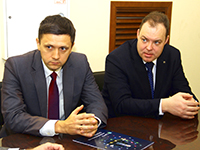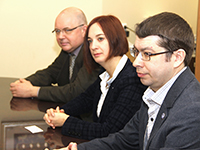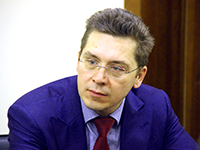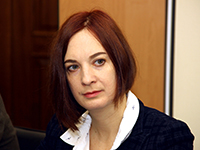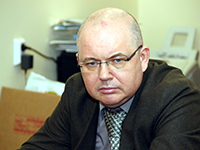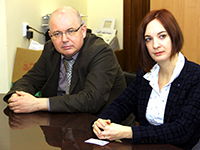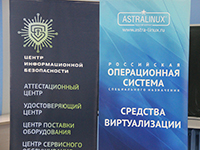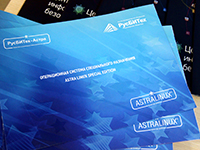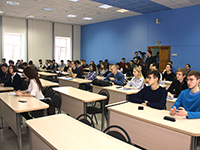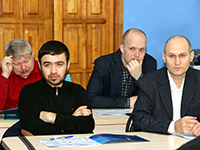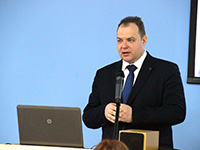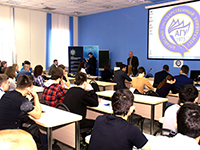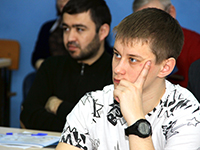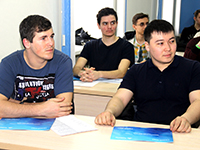ASU promotes usage of Russian software
On March 22 Altai State University held a conference dedicated to the usage of Russian software.
Within the framework of the conference, there was a discussion of topical issues of both technical and legal nature related to the transition to Russian software. For example, a representative of RusBitTech company told the participants of the conference about the technical issues of deploying Brest virtualization tool and Astra Linux, a Russian Linux-based computer operating system, while Inofotechs company touched upon a system for monitoring information security threats and detecting intrusions into information systems. The brightest part of the conference turned out to be the presentation of Sputnik, a trusted browser of domestic production, which was presented by the project director of Sputnik Olga Ovsyannikova from Moscow.
After the conference Altai State University signed cooperation agreements with the leading developers of Russian software – Astra Linux special purpose operating system and Sputnik Russian search engine. The meeting with ASU Rector Sergey V. Zemlyukov was organized, in the course of which he thanked the guests for their participation in the Day of Russian Software that was held for the first time at the flagship university and in Altai Krai in general. The Rector supported the initiative to create a regional educational center for the training of civil servants to work on domestic software on the premises of the flagship university.
The developers of Russian software were also interested in the opportunity for cooperation with universities in Central Asia for the purpose of Russian software distribution on the territory of the former Soviet republics.
At the end of the meeting, the Rector of ASU and the representative of RusBitTech management signed a cooperation agreement, according to which the parties would solve the problem not only in teaching the basics of information security to students, but also in creating a course for training civil servants to use Russian software.

